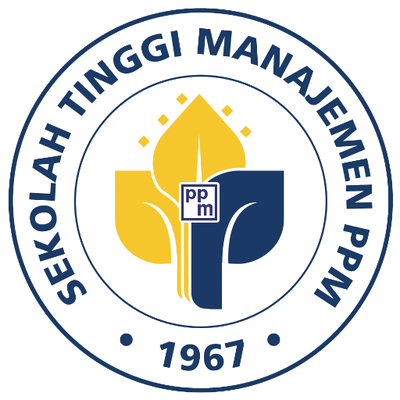Inklusi Keuangan dan Transformasi Digital sebagai Upaya Pendorong Sustainability UMKM Kota Tasikmalaya
Abstract
Keywords
Full Text:
PDF (Bahasa Indonesia)References
Blancher, N.R., Appendino, M., Bibolov, A., Fouejieu, A.P., Li, J., Ndoye, A., Panagiotakopoulou, A., Shi, W., & Sydorenko, T. (2019). Financial inclusion of small and medium-sized enterprises in the Middle East and Central Asia. ISBN/ISSN: 9781484383124/2616-5333
Bank Indonesia. Statistik Perbankan Indonesia (2013). Statistik perbankan Indonesia. Otoritas Jasa Keuangan. Http://www.bi.go.id/id/statistik/per bankan/indonesia/Default.aspx
Crupi, A., Del Sarto, N., Di Minin, A., Gregori, G. L., Lepore, D., Marinelli, L., & Spigarelli, F. (2020). The digital transformation of SMEs – a new knowledge broker called the digital innovation hub. Journal of Knowledge Management, 24(6), 1263–1288. https://doi.org/10.1108/JKM-11-2019-0623
Departemen Komunikasi. (2021). Tingkatkan kualitas data inklusi keuangan, BI dan Sekretariat Dnki Gelar Survei Nasional. Bank Indonesia.
Efan, K., Basana, S. R., & Ottemoesoe, R. S. D. (2021). The effect of financial inclusion on micro, small, and medium enterprise performance using fintech as a moderating variable. In Contemporary Research on Business and Management (153–156). CRC Press. https://doi.org/10.1201/9781003196013-38
Febriana, S. N., & Sulhan, M. (2021). Pengaruh inklusi keuangan dan literasi keuangan terhadap kinerja UMKM pada masa pandemi Covid-19 (studi kasus pada UMKM Kabupaten Malang). Competitive, 16(2). http://ejurnal.poltekpos.ac.id/index.php/competitive|59
Goel, N., & Madan, P. (2019). Benchmarking financial inclusion for women entrepreneurship – A Study of Uttarakhand State of India. Benchmarking: An International Journal, 26(1), 160–175. https://doi.org/10.1108/BIJ-01-2018-0023
Lucas, H., Agarwal, R., Clemons, E. K., El Sawy, O. A., & Weber, B. (2013). Impactful research on transformational information technology: An opportunity to inform new audiences. MIS Quarterly, 37(2), 371–382. http://www.jstor.org/stable/43825914
Imam Ghozali. (2017). Model persamaan dan struktural konsep dan aplikasi SEM AMOS.
Lakuma, C. P., Marty, R., & Muhumuza, F. (2019). Financial inclusion and micro, small, and medium enterprises (MSMEs) growth in Uganda. Journal of Innovation and Entrepreneurship, 8(1). https://doi.org/10.1186/s13731-019-0110-2
Pelletier, C., & Cloutier, L. M. (2019). Conceptualising digital transformation in SMEs: An ecosystemic perspective. Journal of Small Business and Enterprise Development, 26(6/7), 855–876. https://doi.org/10.1108/JSBED-05-2019-0144
Puspitasari, R., & Astrini, D. (2021). Dampak literasi dan inkuisi keuangan terhadap kinerja pelaku UMKM di Kota Bogor. Jurnal Ilmiah Manajemen Kesatuan, 9(2), 181–190. https://doi.org/10.37641/jimkes.v9i2.771
Sanistasya, P. A., Rahardjo, K., & Iqbal, M. (2018). Pengaruh literasi keuangan dan inklusi keuangan terhadap kinerja usaha kecil di Kalimantan Timur. Jurnal Economia, 14(1). https://journal.uny.ac.id/index.php/economia
Tasmilah. (2021). Determinant of formal entrepreneurship and entrepreneur transition during Covid-19 pandemic. East Java Economic Journal, 5(2), 204–220. https://doi.org/10.53572/ejavec.v5i2.70
Teng, X., Wu, Z., & Yang, F. (2022). Research on the relationship between digital transformation and performance of SMEs. Sustainability (Switzerland), 14(10). https://doi.org/10.3390/su14106012
DOI: https://doi.org/10.34149/jmbr.v20i3.601
Indexing
JMBR Editorial Office: PPM School of Management, Jl. Menteng Raya 9-19 Jakarta 10340 Phone: 021-2300313 ext 2354

License
JMBR is using CC BY License
This work is licensed under a Creative Commons Attribution 4.0 International License.



















